Mobile device users give up their first born in exchange for Wi-Fi signal

A public experiment was conducted in London. Those in an internet cafe in the city who wanted access to free Wi-Fi, were asked to sign a made-up "Herod clause." Under the terms of the clause, "the recipient agree to assign their first born child to us for the duration of eternity." The idea behind the experiment was to show the public how careless they are when mobile and are searching for Wi-Fi connectivity.
While the experiment was live, six people signed up. Obviously, they didn't read through all of the terms. F-Secure, the company behind the experiment, said, "As this is an experiment, we will be returning the children to their parents." Once the terms and conditions were removed, another 33 people signed up to use the free Wi-Fi. Over a 30 minute period, 250 devices were connected to the Wi-Fi mobile hotspot, some of those connected automatically. A variety of devices were signed up for the free Wi-Fi, including smartphones and tablets.
The Wi-Fi hotspot these devices were connecting to was a small device built for the study. The hotspot fit inside a handbag and cost $254 to produce. But here is where you might get nervous. SySS, the company that built the hotspot, was able to collect full texts that were sent by the 250 devices, including the email addresses of the senders and recipients. Passwords belonging to the sender were also collected. Reports of criminals using free Wi-Fi to steal users' personal data have been collected by Europol's European Cybercrime Centre.
.
The moral of the story is that no matter where you are when connected to a Wi-Fi signal, you need to be careful of the information you text and send out via email. In addition, you should always read the terms and conditions of a contract before signing it.
Thanks for the tip, Gilbert!
source: AFP
"At best, your device is only leaking information about you; at worst, your passwords are being spilled into a publicly accessible space... anybody on the network can see your information."-Sean Sullivan, Security Adviser, F-Secure
The moral of the story is that no matter where you are when connected to a Wi-Fi signal, you need to be careful of the information you text and send out via email. In addition, you should always read the terms and conditions of a contract before signing it.
source: AFP
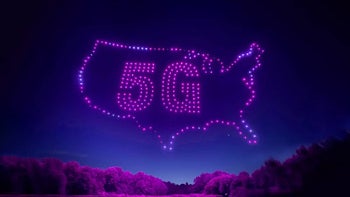
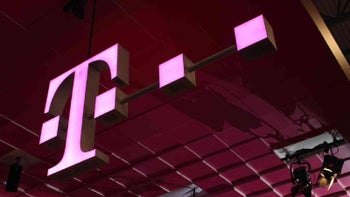
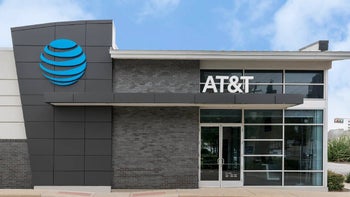
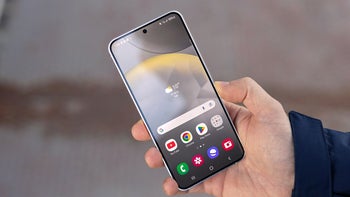
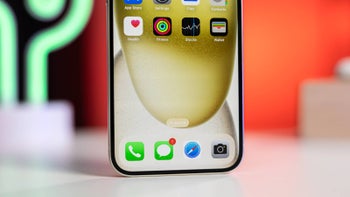
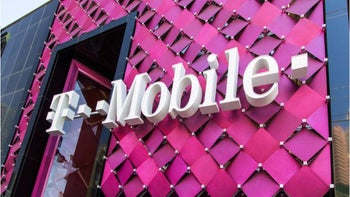
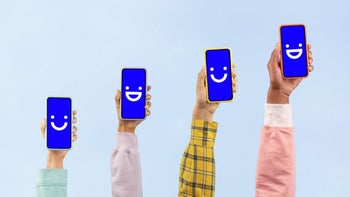
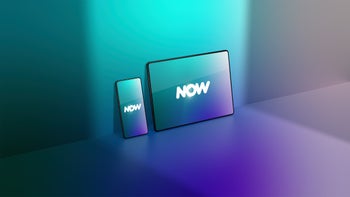
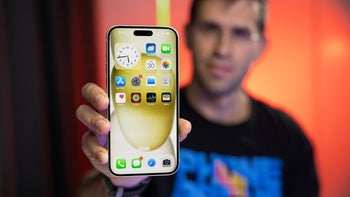
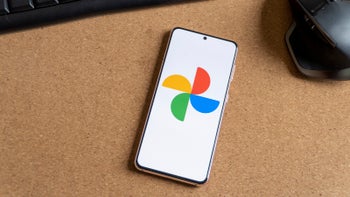
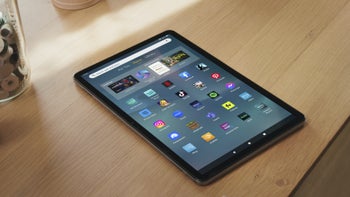

Things that are NOT allowed: